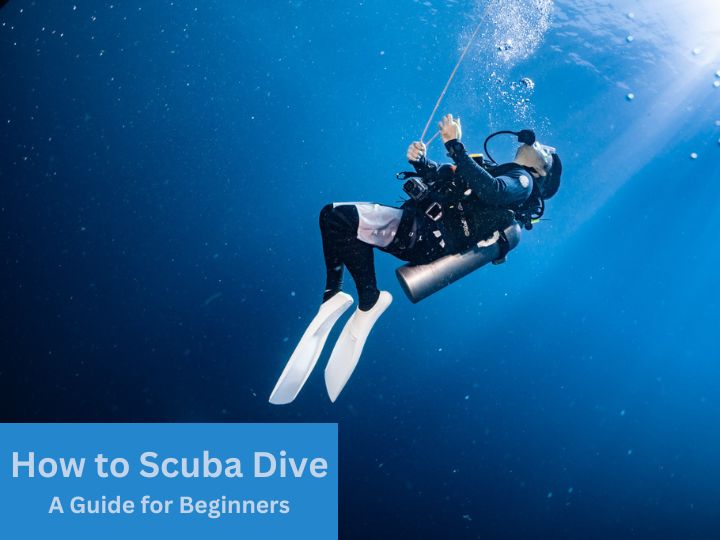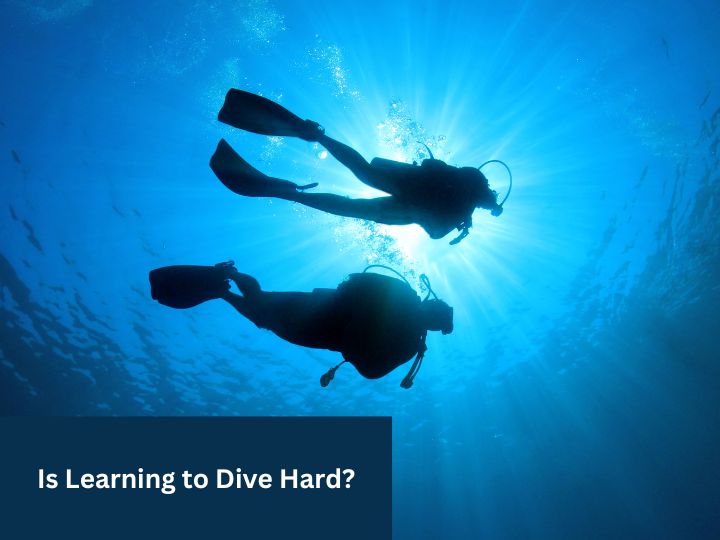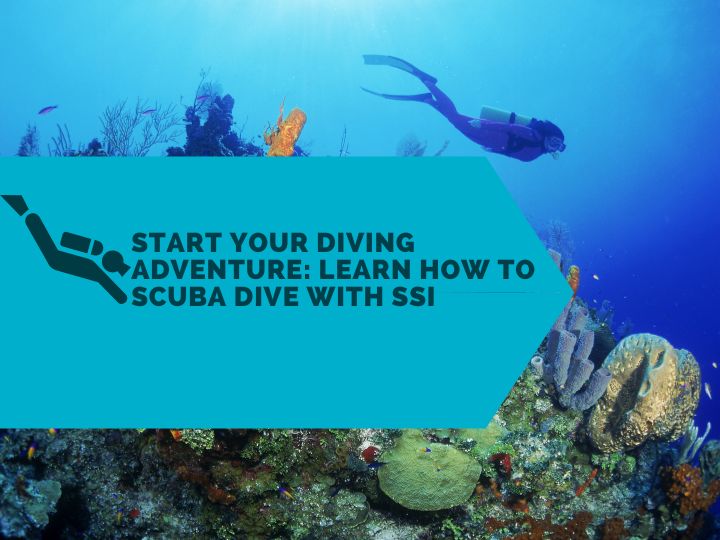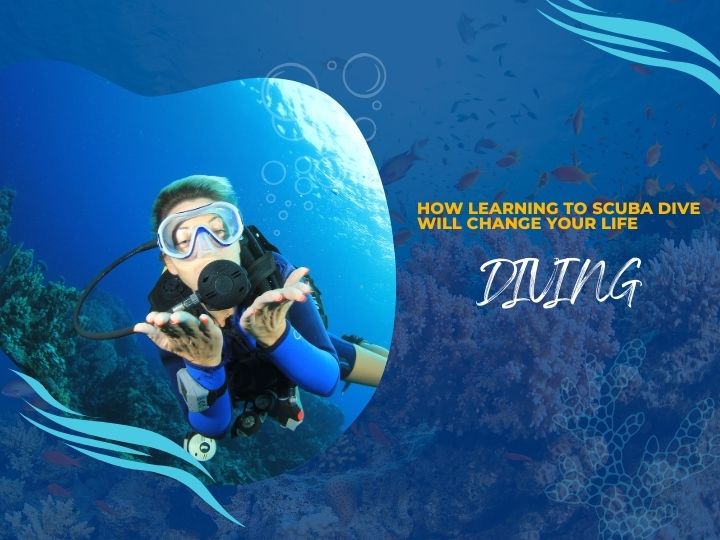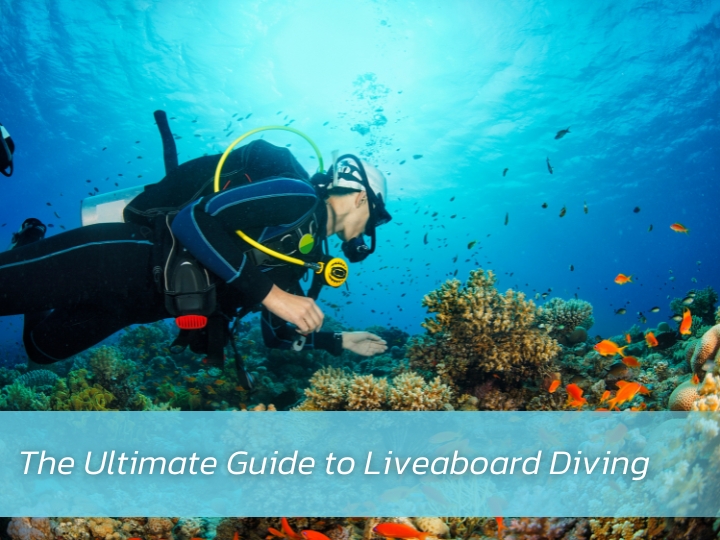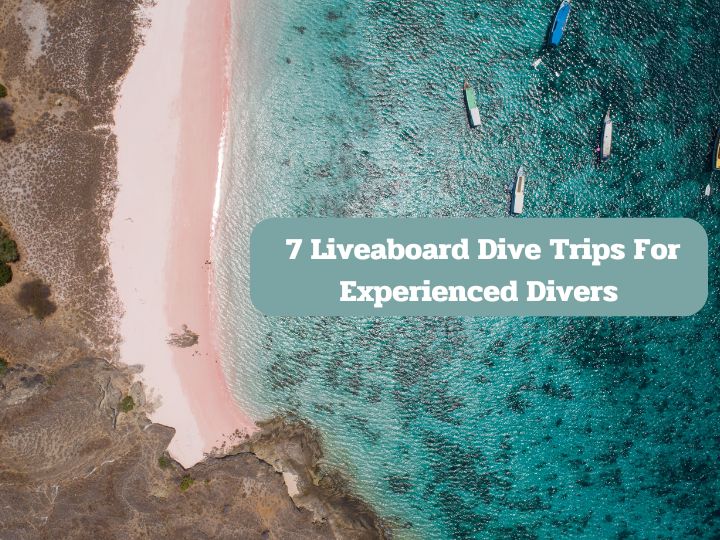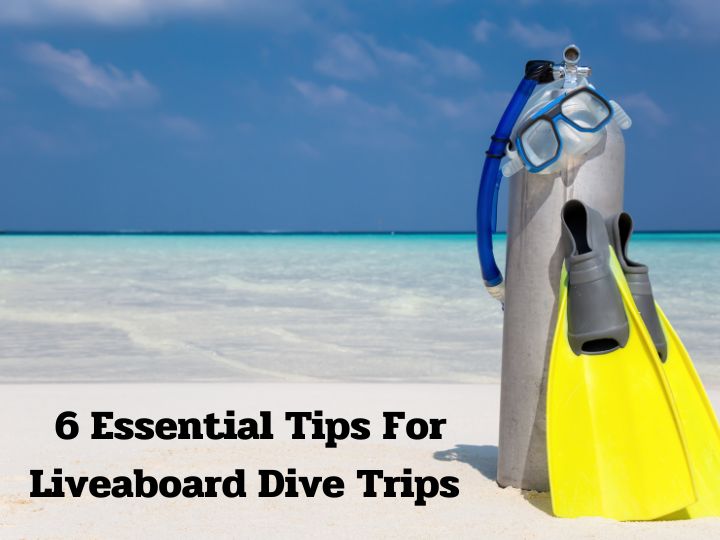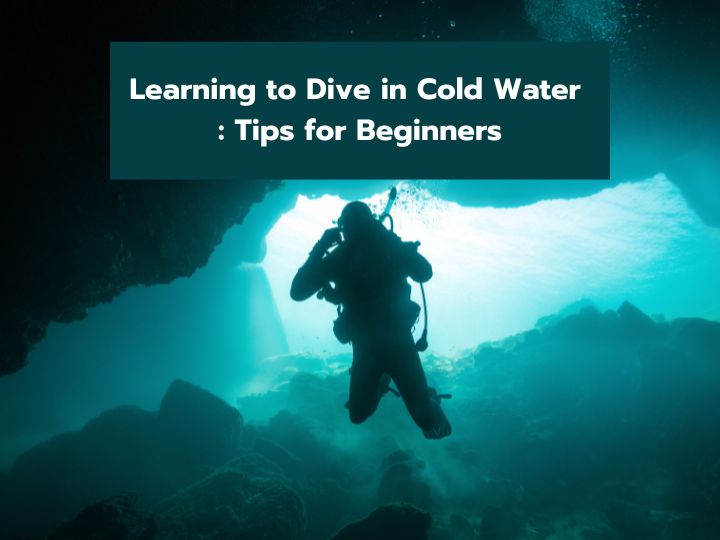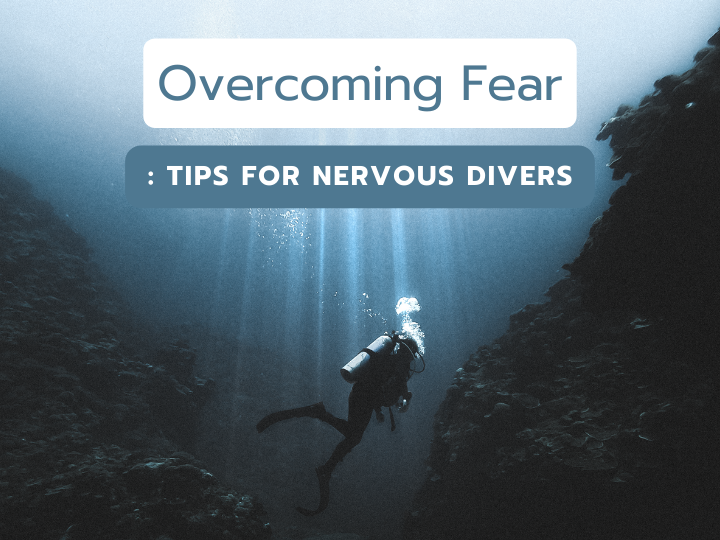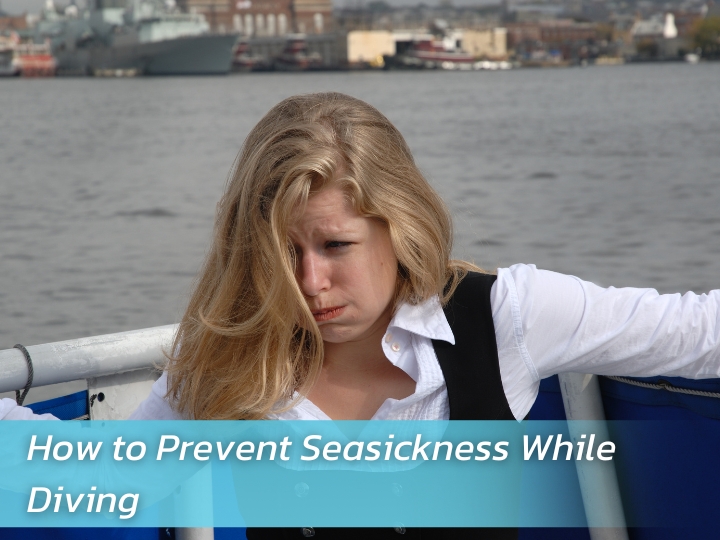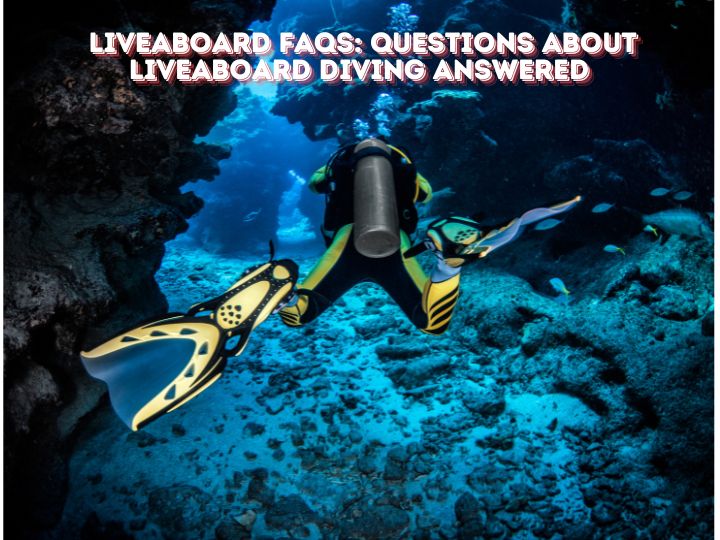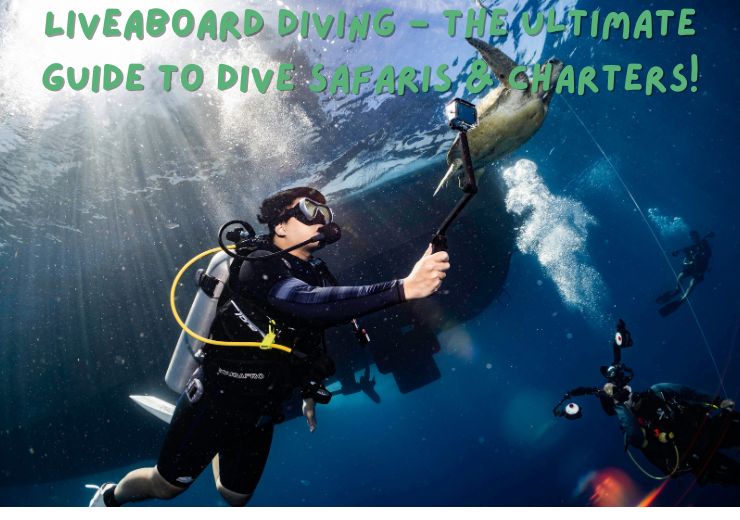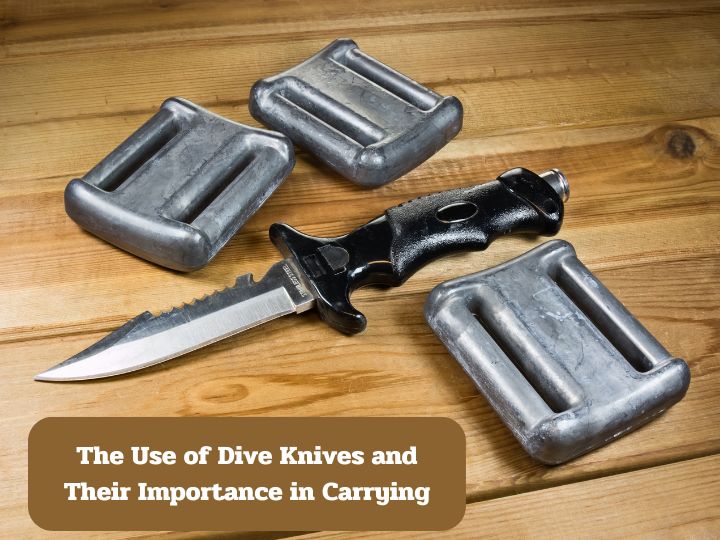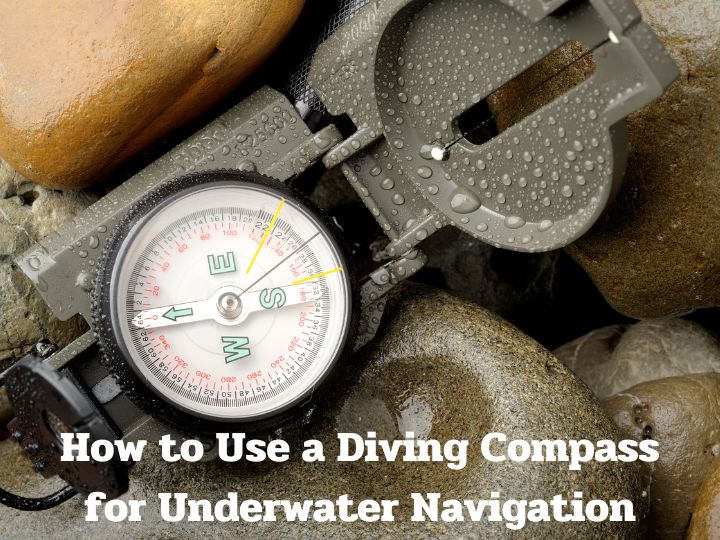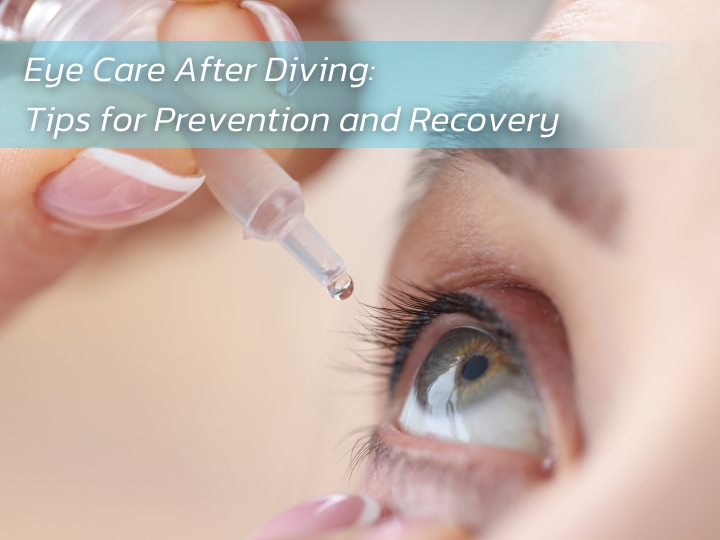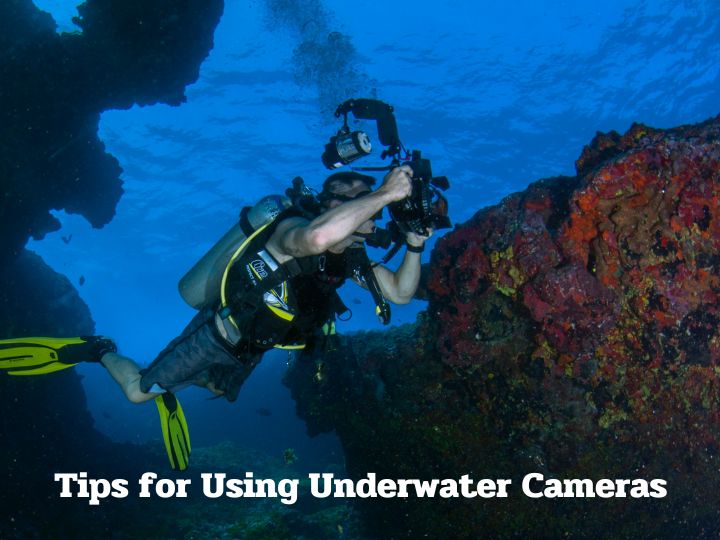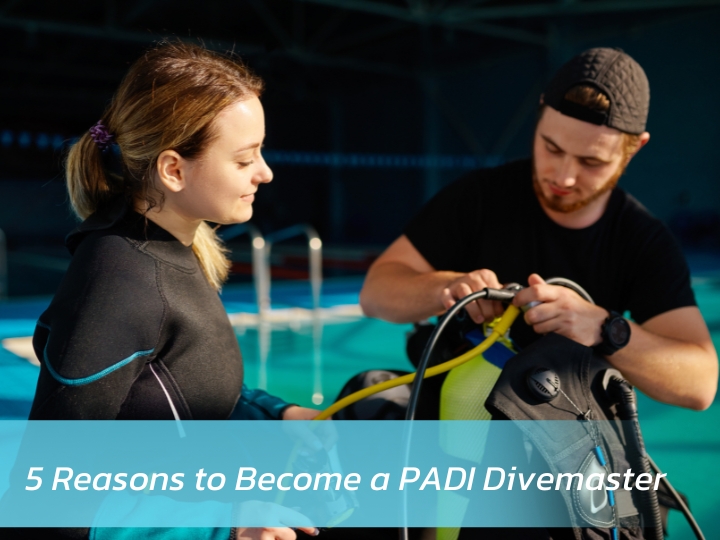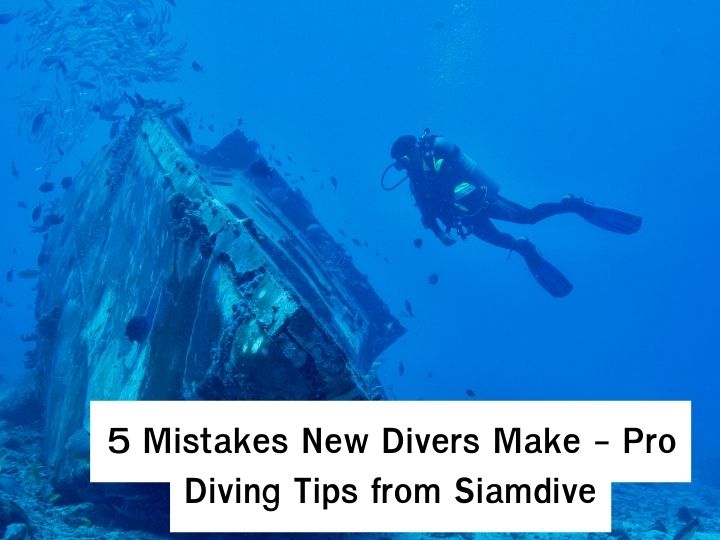
5 Mistakes New Divers Make - Pro Diving Tips from Siamdive
Diving is an exciting activity that opens the doors to a new underwater world. But for new divers, it is essential to properly understand and learn the necessary skills to avoid mistakes that could occur. In this article, Siamdive will take you through 5 common mistakes new divers make, along with solutions and some great tips to help you dive safer and have more fun.

1. Not Planning Your Dive Properly
Planning is the most important thing in diving. Not planning or planning poorly can lead to various problems, such as getting lost, running out of air too quickly, or facing unexpected situations.
Solution:
- Research information about the dive site you are going to, such as depth, currents, marine life, and weather.
- Plan your dive route and set a dive time.
- Check that your diving equipment is ready to use and in good condition.
- Inform your friends or family about your diving plans.
Tip: If you are unsure about how to plan your dive, seek advice from an expert or diving instructor.

2. Not Controlling Your Buoyancy
Buoyancy control is the most important skill in diving. Poor buoyancy can cause you to bump into corals or marine life, causing damage to the marine ecosystem and potentially being dangerous for you.
Solution:
- Practice buoyancy control in a pool or shallow water before diving in the sea.
- Adjust your lead weight according to your body and diving equipment.
- Use your breath to control your buoyancy. Inhale to ascend, exhale to descend.
- Be mindful of your body movements. Quick movements can cause you to lose balance.
Tip: If you feel like you are about to ascend or descend, adjust your breathing before using your Buoyancy Compensator Device (BCD).

3. Consuming Air Too Quickly
Consuming air too quickly is a common problem among new divers. The cause may be excitement, stress, or overexertion.
Solution:
- Relax and breathe slowly and evenly.
- Move your body slowly and gently.
- Use your fins to move instead of your arms.
- Avoid diving in areas with strong currents.
Tip: Before diving, practice breathing in a relaxed state to help reduce anxiety and better control your air consumption.

4. Not Respecting Marine Life
Marine life is fragile and sensitive to disturbances. Touching, grabbing, or feeding fish can stress them and harm them.
Solution:
- Keep a distance of at least 2-3 meters from marine life.
- Do not touch, grab, or chase marine animals.
- Do not feed fish or other marine animals.
- Do not collect coral or other marine organisms as souvenirs.
Tip: Observing marine life from a distance will allow you to see their natural behavior and help to reduce disturbances to the marine ecosystem.

5. Not Maintaining Your Diving Equipment
Your diving equipment is essential to enable you to dive safely. Not maintaining it can lead to problems in use and can be dangerous for you.
Solution:
- Rinse your diving equipment with fresh water after each use.
- Regularly inspect the condition of your diving equipment and repair or replace damaged parts immediately.
- Store your diving equipment in a dry and cool place.
- Have your diving equipment checked by a professional regularly.
Tip: Regular maintenance of your diving equipment will extend its lifespan and ensure that it is always ready for use.
Siamdive hopes this article is helpful for all new divers. Learning and avoiding these mistakes will help you dive safely, have fun, and be respectful of the marine environment.
